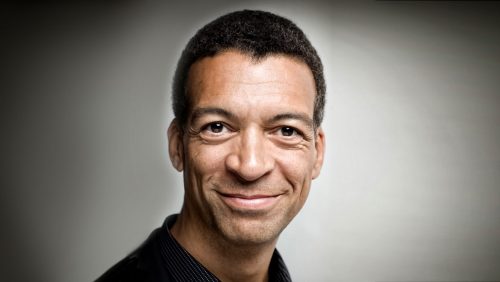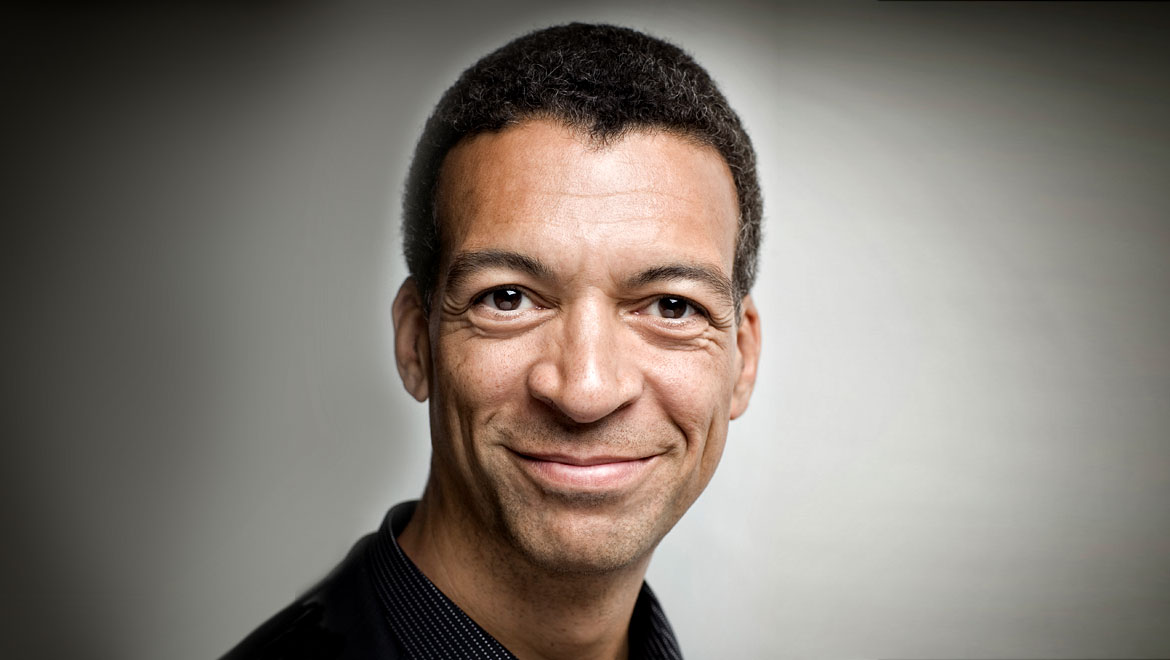
 United Kingdom Oxford Lieder Festival 2019 [2] – Ross Griffey & Schubert, Tales of the Beyond: Nicholas Mogg and Roderick Williams (baritones), Christopher Glynn (piano). St John the Evangelist Church, Oxford, 21.10.2019. (CR)
United Kingdom Oxford Lieder Festival 2019 [2] – Ross Griffey & Schubert, Tales of the Beyond: Nicholas Mogg and Roderick Williams (baritones), Christopher Glynn (piano). St John the Evangelist Church, Oxford, 21.10.2019. (CR)

Ross Griffey – World of Ice
Schubert – Winter Journey D911
This was the second instalment of Roderick Williams’s three-part residence at the Oxford Lieder Festival, presenting his project of performing Schubert’s song cycles in English, the culmination of a three-year long odyssey. Each of those cycles are haunted by memory, the thought of what might have been, and love lost or perhaps never obtained in the first place, and so in a roundabout way they all allude to this year’s Festival’s theme of ‘Tales of the Beyond’. The emotional trajectory charted in Winter Journey (as Williams renders Schubert’s 1827 cycle Winterreise) is particularly racked by visions of death and ghostly flickerings which look beyond the hell of the present world as experienced by the poet of the sequence, and so it constituted an especially apt recital within that theme.
Jeremy Sams’s translation into English loses some of the gravitas of the original German, but it cultivates a generally up to date and idiomatic character which surely achieves something of the intimate, immediate effect intended by Schubert in composing this work for the private gatherings of his friends. That made Williams’s performance here an arresting experience, compared with the awed emotional distance that often arises between performer and non-German speaking audiences, even where the latter has some familiarity with the language. Sometimes the phrases used in the translation border on the clichéd and banal which unintentionally lends an air of irony to the poetry which the original poet, Wilhelm Müller, can surely not have intended, any more than Schubert did in the sparse earnestness of his settings. But overall this version of the cycle offered a rewarding perspective upon it, even if it confirms a listener’s preference never to hear it English again and revert to the German, as Williams recounted one response of an audience member at a previous recital.
Usually sung by a tenor, Williams brought out from the cycle the bewildered vulnerability of the poet in his interpretation which combined a lyrical fluency in the higher passages, with a greater impassioned depth for the darker sections which call forth a more virile or desperate rage, for instance in ‘Stormy Morning’. His general lightness of tone might not otherwise have been best suited to this work, but in the context of what this English translation appeared to be trying to achieve, it aided the cause of communicating more directly and personally to the audience.
If, sometimes, his performance could have embraced more colour and richness in timbre, or a quality of greater dramatic projection (‘The Linden Tree’, for example, sounded somewhat matter of fact) his considered, nuanced enunciation of the words created urgent, compelling narratives for each song which told their own expressive stories. A more straightforwardly musical dimension was sustained by Christopher Glynn at the piano: he set the scene for many songs with some vivid tone painting, such as the hollow, wearied tread at the very opening, the whistling wind for ‘Frozen Solid’, and the emptily triumphant horns of ‘The Post’. But more tellingly he crafted a sense of longer-term structure in those extensive songs which are not merely strophic, creating a compelling drive to their climax, whether that was the increasing desperation of ‘On the River’ or, conversely, the draining away of energy and colour for ‘Dreaming of Spring’, with which Williams was in full musical and dramatic accord. Other accounts of this cycle might attain more furious power (even if they were in English) but Williams and Glynn accomplished something a little less conventionally idiomatic and commanding the attention of any devotee of Schubert’s lieder.
Opening the concert was the premiere of a cycle commissioned by the Festival from Ross Griffey, establishing the wintry theme of the evening. World of Ice is the fruit of Griffey’s researches as a visiting fellow at the Bodleian Libraries in the University of Oxford and draws upon various texts (newspaper clippings and playbills, as well as poems) to illuminate the life of Arctic explorers in the 19th century.
The opening movement sets a Schubertian tone of wandering in its extract from a newspaper which asks rhetorically “Laura Glaucus, why didst roam / And die midst strangers at a distance?”, and reappears as the third and last movements of this seven part cycle. Nicholas Mogg addressed that question with a disarming directness of tone, almost in the nature of a quip or aphorism. Thereafter the slightly wry and quizzical approach he took to the songs held them at a distance – as though reporting the events described, rather than involved with them – and the disjointed vocal interjections written for the singer were carried by Mogg with notable conviction. Glynn’s busy piano part around that carried the diversity of moods and textures in Griffey’s songs, the percussive but resonant sound of the Steinway piano exploited to create a suitably crystalline and frosty atmosphere, not least in the penultimate song ‘Thoughts Come’. Close interaction between singer and pianist revealed a work which stands in the tradition of English song going back at least to Benjamin Britten in its alert setting of words, but which is also imbued with an idiosyncratic musical personality.
Curtis Rogers
